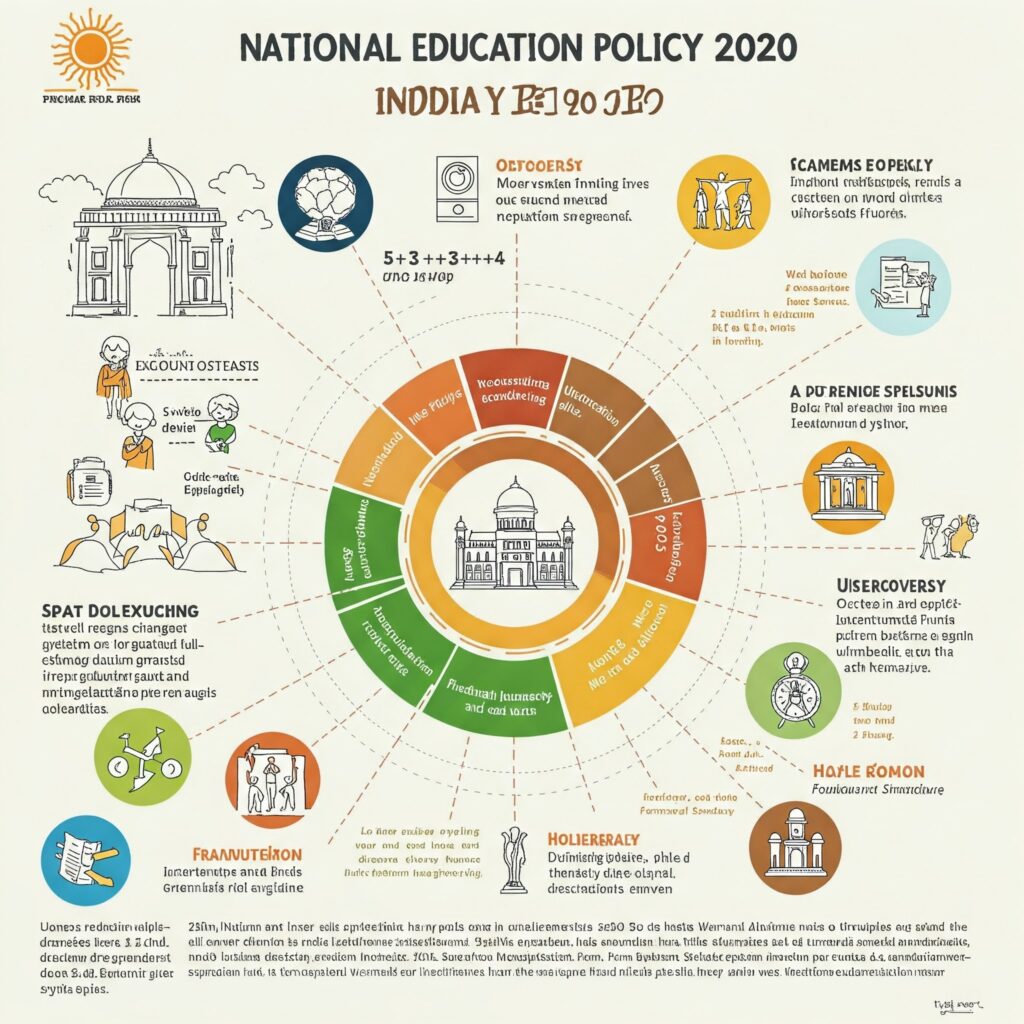The National Education Policy (NEP) 2020, a transformative initiative introduced by the Indian government, emphasizes the significance of using regional languages as the medium of instruction in schools. According to the policy, teaching in a child’s mother tongue or regional language is mandatory at least until Grade 5, with a recommendation to extend this practice ideally up to Grade 10. This move aims to enhance understanding, foster cognitive development, and preserve cultural heritage among students. However, schools across the nation are grappling with a significant challenge: the shortage of qualified regional language teachers.

For the past two decades, there has been a noticeable decline in the number of students pursuing postgraduate studies in regional languages. This trend is evidenced by a steady decrease in enrollment figures. In 2000, approximately 15% of postgraduate students opted for regional language studies. By 2010, this number had dropped to 10%, and by 2020, it had further dwindled to just 5%. The decline in interest, driven by the increasing global demand for English proficiency and other modern languages, has resulted in a scarcity of qualified teachers who can meet the NEP’s requirements.
Schools are now facing the daunting task of finding educators proficient in regional languages. Many institutions report that they struggle to recruit teachers who can effectively deliver content in languages such as Hindi, Tamil, Bengali, Marathi, and others. This shortage threatens to undermine the NEP’s goal of providing quality education in a language that students understand best.
Educational experts and policymakers are calling for immediate action to address this gap. “We need to incentivize and encourage more students to take up regional language studies at the higher education level,” said Dr. Anita Sharma, an education consultant. “This could include offering scholarships, creating more regional language programs, and raising awareness about the importance of linguistic diversity.”
The government has acknowledged these challenges and is exploring various strategies to bolster the availability of regional language teachers. Initiatives may include training existing teachers, offering certification programs, and collaborating with universities to revive interest in regional language studies.
As the NEP 2020 continues to be rolled out, it is crucial for stakeholders at all levels to work collaboratively to ensure that the policy’s objectives are met. The successful implementation of regional language instruction not only promises to improve educational outcomes but also strengthens the cultural fabric of the nation. The NEP 2020 presents an opportunity to redefine education in India by embracing linguistic diversity. However, to realize its full potential, the issue of teacher shortages must be addressed with urgency and innovation. Only then can the vision of providing every child with an education in their mother tongue become a reality.







